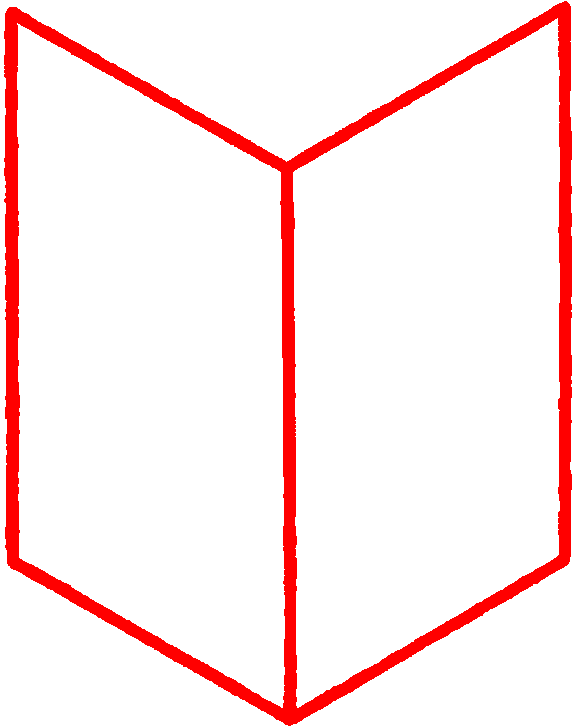I devoted a good part of my academic life to the analytical study of magic.
The spells I studied were formulated not by sorcerers but by philosophers, mathematicians, and theologians; they were strings of words that, once uttered, would bring into being a divinity. They were called “ontological proofs”: rational demonstrations of the existence of god. A half dozen or so such proofs have been sketched out over the course of the past thousand years, by thinkers ranging from Anselmus Candiae Genevae, Doctor of the Church (a title roughly equivalent to a PhD for saints), to Kurt Gödel, widely regarded as the greatest mathematician of the 20th century.
It should be remarked that all this should not sound so weird.
The spells I studied were formulated not by sorcerers but by philosophers, mathematicians, and theologians; they were strings of words that, once uttered, would bring into being a divinity. They were called “ontological proofs”: rational demonstrations of the existence of god. A half dozen or so such proofs have been sketched out over the course of the past thousand years, by thinkers ranging from Anselmus Candiae Genevae, Doctor of the Church (a title roughly equivalent to a PhD for saints), to Kurt Gödel, widely regarded as the greatest mathematician of the 20th century.
It should be remarked that all this should not sound so weird.

